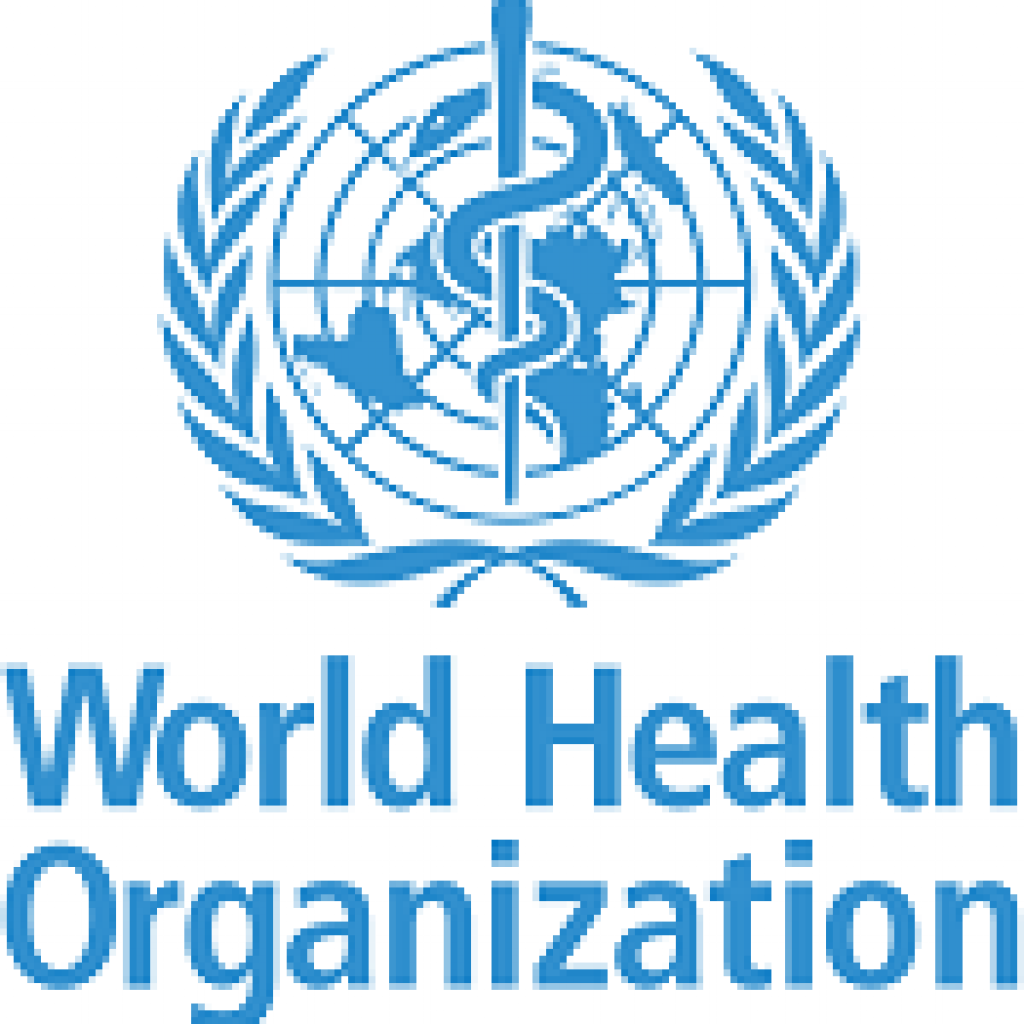anytime, online course.
In the context of the COVID-19 pandemic, working conditions for health workers may deteriorate. In addition to the risks of infection with COVID-19, health workers continue to experience other occupational health and safety risks of biological, physical or psychosocial nature. Therefore, for the protection of physical and mental health, safety and well-being of health workers, WHO recommends a combination of measures for infection prevention and control, occupational health and safety and psychosocial support.
Health workers participating in pandemic response are exposed to many different occupational risks to health and safety. These include: COVID-19 infection, illness, and transmission to others; fatigue from working longer hours and heavy workload, insufficient sleep or rest, dehydration, and inadequate nutrition; musculoskeletal injury from handling of patients and heavy objects, prolonged work while using personal protective equipment which can cause heat stress, skin and mucosal damage; workplace violence and stigma, and a variety of mental health problems, emotional distress and occupational burn-out.
Published in GI-Mail 12/2020 (English edition).
- Do you already know our monthly newsletter GI-Mail with useful tips on postgraduate courses?
Sign up here. - Are you looking for vacancies or new career challenges? Here you will find the latest vacancies and job offers.
- Do you already know our monthly job-information GI-Jobs with current job offers for doctors, managers and nurses? Sign up here.
- Are you interested in up to date postgraduate courses and CME? In our education database »medicine & health« you will find new education events from over 2300 organizers.

